
Acceptance and Commitment Therapy (ACT) Proficiency Course-Master the Core Components and Skills of ACT Across Diagnoses – Michael C. May
Original price was: $219.99.$61.00Current price is: $61.00.
Acceptance and Commitment Therapy (ACT) Proficiency Course-Master the Core Components and Skills of ACT Across Diagnoses – Michael C. May Download. This Ac…
Unlock your potential with the Acceptance and Commitment Therapy (ACT) Proficiency Course-Master the Core Components and Skills of ACT Across Diagnoses - Michael C. May course for only Original price was: $219.99.$61.00Current price is: $61.00. at WSOLib.com! Discover our vast library of over 60,000 downloadable digital courses across Health and Medical. Get expert-guided, self-paced learning and save over 80% compared to retail prices. Transform your skills today!
Salepage link: At HERE. Archive:
This Acceptance and Commitment Therapy (ACT) Proficiency Course recording is essential for any clinician with a difficult-to-treat client on their caseload!
ACT has long been established as effective in treating clients with a variety of clinical diagnoses.
Now, you can master the core competencies and skills used by ACT clinicians!
Watch ACT expert and clinician, Michael C. May, MA, LCPC, and he’ll walk you step-by-step through using the six core processes of Acceptance and Commitment Therapy in session. For each of the six components, you’ll learn interventions and strategies that you can use in your practice immediately.
You’ll have plenty of opportunities for practice through in-depth case studies and targeted experiential exercises – allowing you to really hone your skills.
Clinicians new to ACT will find this course transparent and easy to understand, while experienced ACT clinicians will discover new, in-depth insights that will solidify comprehension of ACT concepts and expand your repertoire of ACT interventions.
- Perform a clinical assessment using the Inflexahex diagnostic model to inform clinical treatment interventions.
- Utilize acceptance exercises in session to increase client willingness to engage in values-consistent behaviors.
- Analyze the efficacy of mindfulness meditation for clients on a case-by-case basis, and demonstrate alternative mindfulness interventions for clients who find meditation aversive or unhelpful.
- Utilize clinical strategies to assist clients in clarifying their values as it relates to case conceptualization.
- Implement clinical treatment interventions, such as behavioral activation strategies or social skills training interventions, to improve client engagement in values-consistent behaviors as an approach to managing symptoms of PTSD, anxiety, personality disorders or depression.
- Utilize metaphors and exercises to explain self-as-context in session for purposes of client psychoeducation.
ACT Foundations: What You Need to Know
- Context: Why it is Fundamental to ACT
- How to determine the functional purpose of behavior
- What is language: Relational Frame Theory
- The source of psychological suffering
- The ACT model of psychopathology
- Experiential avoidance, cognitive fusion & the toxic cycle
- Psychological Flexibility: What it is & why it’s important
- The Inflexahex diagnostic model
- Limitations of the research & potential risks
THE CORE CONCEPTS OF ACT
Acceptance: Combat Experiential Avoidance
- What is “acceptance” in ACT?
- Experiential avoidance: The “Control Agenda”
- Client control over unwanted thoughts & feelings
- How to confront the control agenda
- Interventions for fostering acceptance
- Acceptance Exercises: The “Unwanted Party Guest;” “Barriers to Writing”
Defusion: Break Down Thoughts as Barriers
- The problem with cognitive fusion
- Weaken unworkable language functions
- Should thoughts always control behavior?
- Build an environment of defusion within session
- Strategies for building defusion skills
- Defusion Exercise: “Having vs Believing” our thoughts
Self-As-Context: Aid Clients in Distancing Themselves from Their Thoughts
- What is self-as-context?
- Self-as-content vs. self-as-context
- Mitigate attachment to the conceptualized self
- Help clients understand self-as-context
- Interventions to foster self-as-context
- Self-As-Context Exercise: The “observer self”
Contact with the Present Moment: Mindfulness Strategies to Reduce Worry about the Past & Future
- Mindfulness: A core feature of all human psychopathology
- What “mindfulness” means in ACT
- The goal of mindfulness practice in ACT
- How to train mindfulness with flexibility
- Overcome obstacles in teaching mindfulness
- Address relaxation-induced panic
- Formal & informal mindfulness interventions
- Contact with the Present Moment Exercise: Mindfulness without Meditation
Values: Guide Clients in Identifying & Clarifying What Matters
- The importance of values in ACT
- How values can be transformative in human behavior
- Values & goals
- How to evoke values from clients
- From instant gratification to pursuit of values
- Values Clarification Exercise: The Eulogy
Committed Action: Establish Values-Consistent Patterns of Behavior
- The relationship between values & committed action
- What’s considered committed action?
- Address persistent inaction, impulsivity or avoidance
- Interventions
- Exposure-based approaches
- Behavioral activation strategies
- Social-skills training interventions
- Problem-solving barriers to committed action
- Behavioral homework
- Case Study: Engaging in committed action with depression
ACT in Action: Utilize ACT with Specific Clinical Populations
- PTSD
- Anxiety
- Personality disorders
- Depression
Secure your future with the Acceptance and Commitment Therapy (ACT) Proficiency Course-Master the Core Components and Skills of ACT Across Diagnoses - Michael C. May course at WSOLib.com! Gain lifetime access to expertly curated content, empowering your career and personal development.
- Lifetime Access: Enjoy unlimited access to your digital courses.
- Huge Savings: Prices are consistently up to 80% lower than original sales pages.
- Secure Transactions: Shop with confidence using our trusted payment methods.
- Actionable Knowledge: Acquire real-world skills from diverse topics.
- Instant Delivery: Start learning immediately after purchase.
- Device Flexibility: Access your courses on desktop, mobile, or tablet.
Begin your learning journey with WSOLib.com!
Specification: Acceptance and Commitment Therapy (ACT) Proficiency Course-Master the Core Components and Skills of ACT Across Diagnoses – Michael C. May
|
User Reviews
Only logged in customers who have purchased this product may leave a review.

Original price was: $219.99.$61.00Current price is: $61.00.


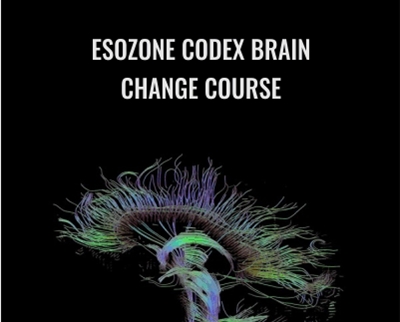
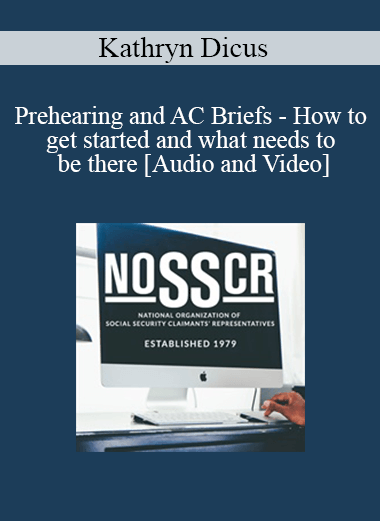


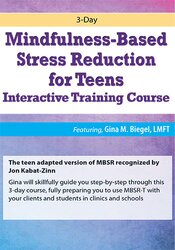
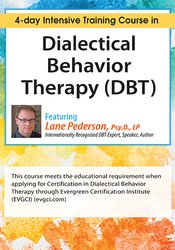
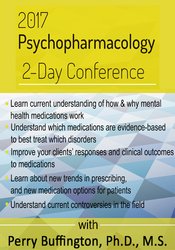
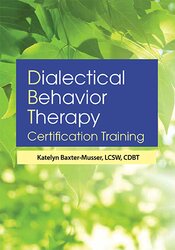
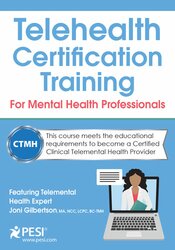
There are no reviews yet.